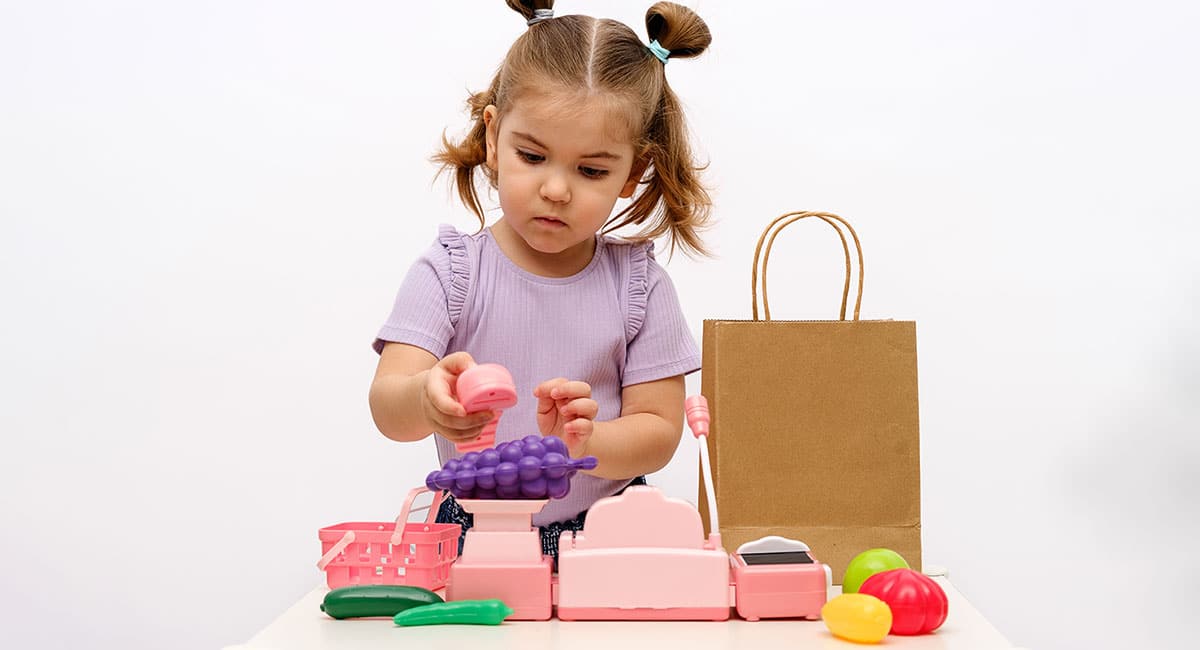Tantrums are challenging. But when they happen, what does a tantrum feel like for your child? Here’s how to bring some calm back to your parenting.
A tantrum from a child’s perspective:
“Remember when I was a very little baby and my arms flailed out in a shaky startled response. You knew what to do! You held me close and comforted me. This was you helping me to manage my emotions.
When I learned to walk and I stumbled and I got up again, you encouraged me. You didn’t punish me, yell at me or reprimand me for learning.
Well, Mum and Dad, I am still learning emotional self-regulation and believe me it sure isn’t easy! I know that when I get really upset or angry this stirs in you similar emotional feelings. Not knowing how best to handle me and probably feeling shocked that I have changed from your little angel to your little monster leaves you feeling out of control too, especially when well meaning others are hovering and judging your parental prowess.
I can see you want to control what you see is out of control – both you and me. It’s really hard to think and be rational when there are so many emotions whirling around both of us. Perhaps you draw on your reactive brain (well that’s another story). Anyway back to what I want and what I know will help me be that angel you always knew I was and can be.
Please stay close to me, hold me, and rest your calming hand on me. Even if I push you away – I want you near. I want to know that I have an anchor, a touch stone, a way to feel connected to you and the earth. When I lose it I feel like I am out in space and disconnected. I am still learning about my emotional management.
If you yell, shout, punish, laugh at me, or abandon me to my ‘losing it’ I learn that I am not worthy, I should repress my emotions, and I build up even more negative emotion like resentment and anger. This way, I learn to continue to be reactive, to fight back or to suppress. I feel scared, misunderstood and abandoned by the ones who love me.
My emotions have to go somewhere and when they accumulate they sit just below the surface and then it doesn’t take much for me to lose it again and again. My emotions are like the blow up beach ball that you try to hold under the water but only for so long before the ball shoots out and up.
So here’s what will help me – your listening to me! Acknowledge what I am feeling; show your understanding of my distress. Don’t take it personally. I still have my trainer wheels on for learning emotional self-regulation and I suspect you do too as a parent.
Then I will begin to calm just like what happened when I was a little baby. My whirling cloud of emotions will begin to disperse and maybe even precipitate into tears. This is a good thing and a healthy release of my accumulated emotions. I can then think more clearly and even hear what you have to say. The rational part of my brain begins to open.
Thanks Mum and Dad for listening – believe me, when all hell breaks loose on my emotional front I need your understanding more than ever.If my well-intentioned grandparents or your friends try to tell you otherwise, just know that I know what helps me manage my emotions and there’s a heap of research to prove it.”
A parent’s story of change:
“A couple of months ago, my soon-to-be 3 year old was screaming and screaming “I want a lolly!!!”
I had just walked through the door and was tired, I raised my voice and said “NO!” and it was back and forth a few times and I walked away and he came chasing after me “I WANT A LOLLY!!!!!!!!!!”
At that moment – a light bulb flashed in my brain. This was the brief conversation:
“I WANT A LOLLY!”
“You want a lolly?”
“I WANT A LOLLY!!!!”
“You like lollies”
“Yes, I like lollies”
“You like eating lollies”
“Yes, I like eating lollies” – (at that point, he had stopped screaming but was still upset)
I was so glad the screaming was over but he was still upset so we continued talking about candy for a bit and then we began a conversation about something else! I was happy that he stopped and I had calmed down.”
Active listening is one of the best skills a parent can learn. Like trainer wheels on a child’s bicycle it offers support and balance for the child’s emotional ups and downs. A Parent Effectiveness Training (P.E.T.) course shows you how.
RELATED:
Positive phrases to calm a child
How do we raise compassionate kids?
Parenting a highly sensitive child



